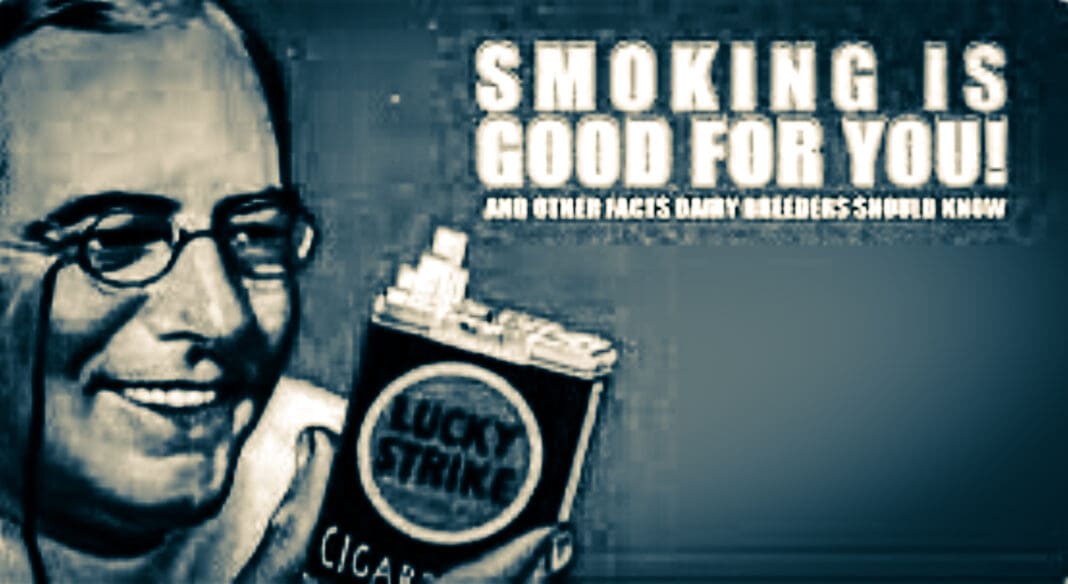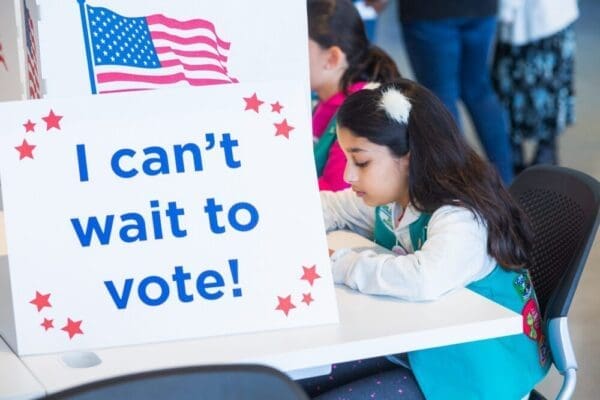Once upon a time ago, the tobacco industry led the American public to believe smoking cigarettes was healthy. The industry, in fact, promoted low-harm versions of the death nails for decades.
Movie celebrities were paid to smoke in films. Cartoon characters once puffed away. The most attractive humans were hired to pose for the magazine ads, and the “Marlboro Man” was the stud of studs … until, of course, he died of lung cancer ay 73.
Those cigarette sellers even helped produce and market candy cigs for kids because, well, the habit was cool, it was fancy, and it was considered “normal.”
Until science exposed the truth.
So, a question: Are we now allowing the same normalizing to take place these days with sports gambling?
The practice of wagering hard-earned cash has been around longer than anyone who’s alive today, and since West Virginia’s Lottery Commission became the Mountain State’s new “organization” back in 1995, our racetracks became full-blown casinos and our bars and restaurants transformed into “Play Me Cafes.”
But now that sports betting is legal, sports gambling these days is pretty well expected. And – Have you noticed? – we can bet on anything, from the opening coin toss to the QB’s next pass to what the third batter does in the fourth inning. The gaming industry’s TV ads are intermixed with other customary commercials, the sports broadcasters openly speak on point spreads and fantasy leagues, and the hush over spot sheets is silent no more.
And that “sure thing?” Well, shoot, that was all about doubling your money, right? Not about losing the mortgage payment or the cash for childcare … right?
Hey, we’re all free to make our choices, of course, and if you want to smoke, smoke, and if you want to gamble, gamble, but do recognize no one will ever tell you about the risks unless they’re forced to … and that’s the one and only reason why companies like Draft Kings, Fan Duel, and MGM toss out that 1-800-GAMBLER hotline at the end of every ad every single time.








